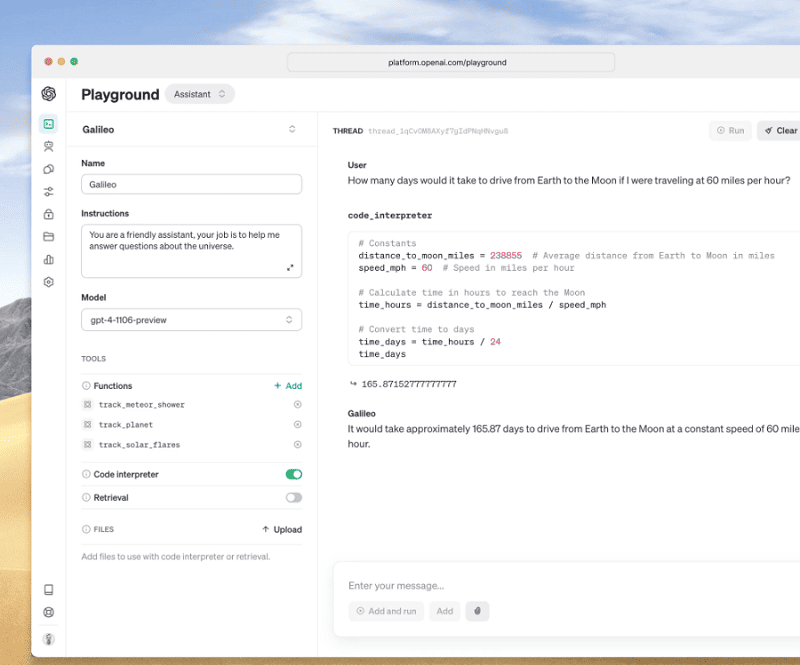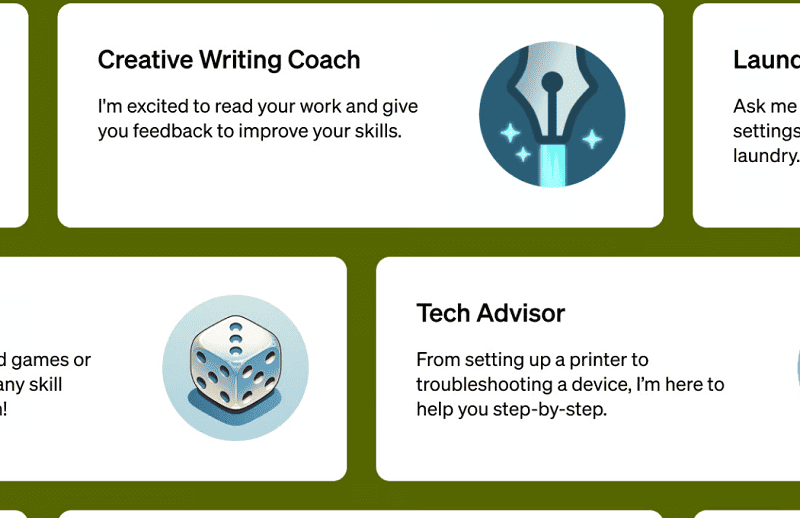OpenAI recently presented an updated version of its GPT-4 model, GPT-4 Turbo. This improved version is more up-to-date because it is based on recent data. Furthermore, OpenAI now offers protection against copyright claims and introduces the possibility of creating task specific applications.
OpenAI is presenting a new version of its GPT-4 model, GPT-4 Turbo, in preview. Among other things, GPT-4 Turbo is trained on data that extends to April 2023. In contrast, the base of the GPT-4 model extends to September 2021.
In addition, the context window of this model version has now been expanded to 128K. The model can, with this upgrade, “see more data” up to 300 pages in a single prompt. With a larger context window, AI models can better understand a user’s query, which results in a more specialized answer. By comparison, GPT-4 had two versions with context windows of 8K and 32K.
GPT-4 Turbo allows users to perform more complex tasks with a single prompt, OpenAI indicates. This can be used to run the response through a specific programming language, such as XML or JSON, for example.
It also enables all existing prompt functionality, such as image prompts, text-to-speech and Dall-E integration. In addition, running the latest version would be up to three times cheaper than other GPT-4 model versions.
GPT-3.5 Turbo update
In addition to GPT-4 Turbo, the existing GPT-3.5 Turbo has also received an update. New features include a larger context window, which will now be standard 16K. Furthermore, according to the AI giant, the same feature updates of GPT-4 Turbo have also been made.
Both versions of GPT-4 Turbo and -3.5 Turbo are now available in preview. A pre-production version of GPT-4 Turbo should be produced in the coming weeks.
Reimburse copyright claims
OpenAI also indicates that it will now assist end users of its AI models and tools with copyright claims. With this, the AI giant follows Microsoft and Google, who have been taking on these claims for some time. Copyright Shield from OpenAI ensures the AI giant will reimburse all legal costs for these copyright claims.
Introducing GPTs in ChatGPT
Finally, OpenAI will soon introduce the ability for developers to self-develop specific applications for ChatGPT based on the AI models. These “GPTs” are custom prompts that take care of a single specific task of ChatGPT. Think of a tool that provides a roadmap for installing hardware, giving recipes, explaining games or helping with creative writing.
The best results of these GPTs will be made available in a GPT Store rolling out later this month. Examples of GPTs are already available in the paid ChatGPT Plus and Enterprise versions.
Also read: OpenAI’s ChatGPT Enterprise doubles speed and removes privacy concerns


